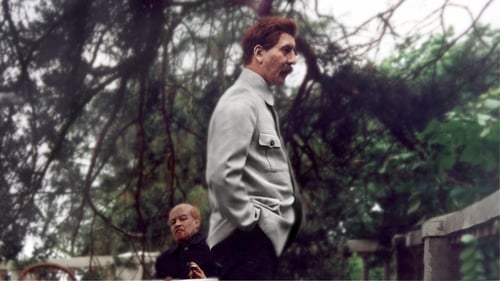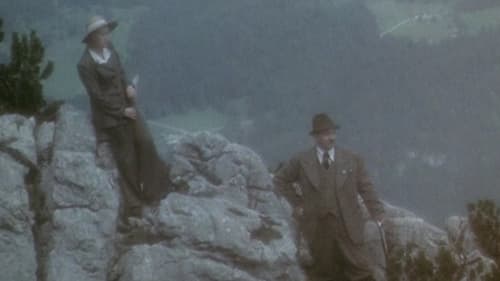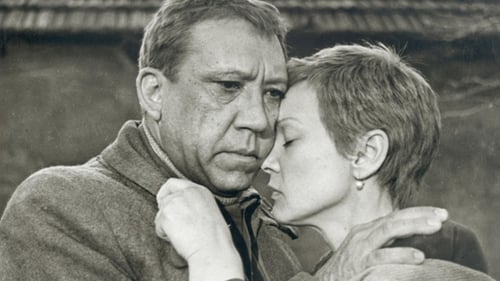
Camera Operator
Sokurov directed and filmed Mozart’s Requiem for the Rossica Choir in the wonderful hall of the St. Petersburg Philharmonic.

Director of Photography
The girl cut off her braid and went wherever she looked - to look for the groom. She is joined by a strange old man dressed in a transparent raincoat. There is a scythe about three blades on Grandfather's shoulder. He persistently pulls the girl "to the church" - to baptize someone, and the "first comer" should be the godfather. "I can't go to church," the girl objects. - There's a young, funny father there. I will laugh at him..." So she follows the old man past a blooming meadow, along a fast, cold river... Weaves a wreath along the way, decorating it with colored ostrich feathers caught from the water. A lot of events will happen along the way - one is more incomprehensible than the other, and then there will be a wedding and girls in embroidered sundresses with songs will carry garlands of hay on their shoulders with ribbons, red plows will float down the river, and in the foreground is a girl with a groom.

Director of Photography
Unfolding over two days in 1924, the film depicts the dying Lenin, world revolutionary and father of the USSR, now powerless and isolated at his Gorki estate. Cared for by his wife, Nadezhda Krupskaia, sister Maniasha, his German doctor and several attendants, Lenin raves about his diminishing faculties, discusses the deaths of great figures (including Marx), rides a car to a picnic in a meadow and ponders his historic legacy.

Director of Photography
In 1942 Bavaria, Eva is alone, when Adolf arrives with Josef, his wife Magda, and Martin to spend a couple of days without politics.

Camera Operator
Russian provincial town in the middle of the 1930s Stalin's Great Purge. Ivan Lapshin, the head of the local police, does what he has to do. And he does it well.

Camera Operator
War correspondent Lopatin takes a 20-day-leave from his hard work at the front in 1942. He travels to faraway Tashkent to meet the family of the killed soldier and visit the film set of the screen adaptation of his war-time stories. Lopatin also manages to walk the streets of Tashkent, take part in a factory workers' meeting and have a short-lived love affair. Although with no bombings and fighting, the city dwellers breathe the atmosphere of the ongoing war.





